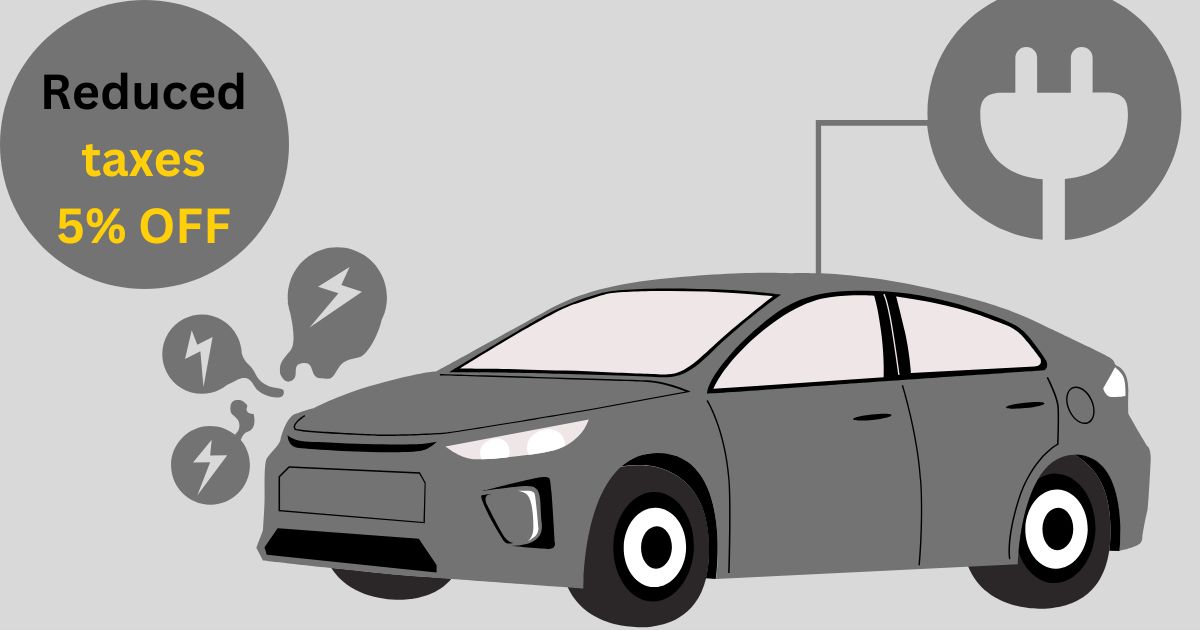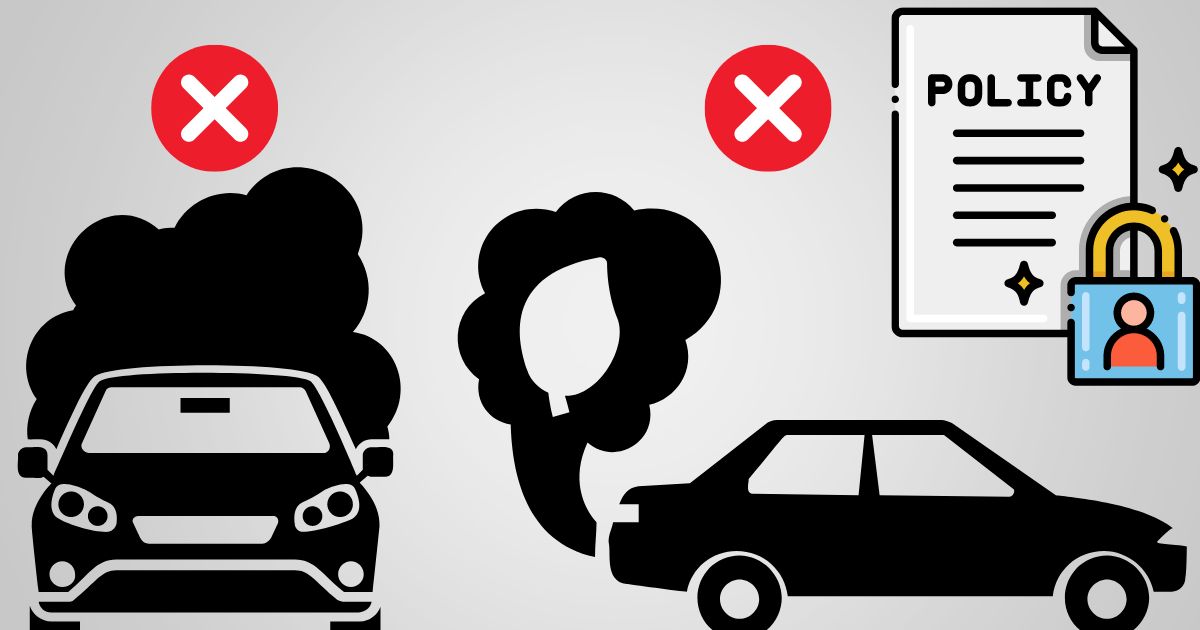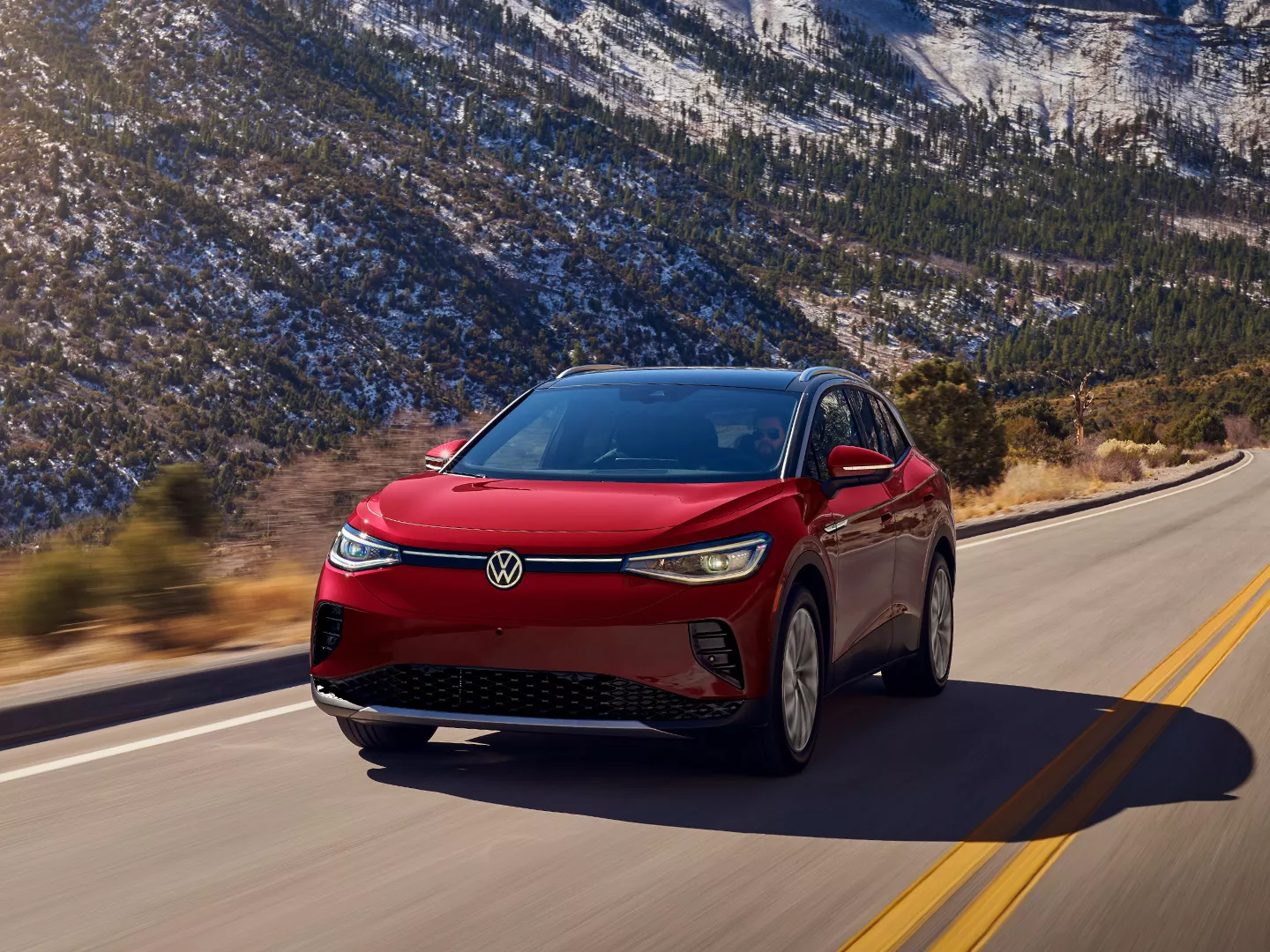When we look at the current exemptions for electric cars in Australia, it sends a strong signal that this policy is intended to create a long-term trickle effect.
The Australian government is creating policies to achieve multiple goals, including policies pertaining to the use of electric vehicles.
With the support of the taxation department, the government in Australia introduced exemptions for electric cars. This exemption seeks to reduce the overall price of electric cars.
The objective of this policy goes beyond supporting Australians; it also reduces resource usage, reduces emissions, and promotes eco-friendly transportation.
A lot of research, surveys, and debate came up during the drafting of this policy. It became necessary for the government to support it after several feedbacks.
It is great news for Australians to enjoy these exemptions, and this is why we will be sharing with you the exemptions for electric cars in Australia.
Also, we will provide more insight on the eligibility of this exemption and what the government seeks to achieve with this electric vehicle policy.
What Is The Current Exemptions On Electric Cars In Australia?
The Australian Government just started a hugely important incentive programme that seesk to waive a proportion of import duties on electric cars.
Its goal is to make electric cars (EVs) easier for everyone to get and more affordable; not only that, but to provide a must-have sustainable mode of transport for its citizens and reduce carbon emissions.
So, what does this electric car exemption really mean? Let us break it down.
First, the government has waived the 5% import tax on electric cars that qualify. This means that if you choose an electric car, you won’t have to pay that extra tax. This makes EVs a better financial choice right from the start.
This is good news for you if you get to use your electric car for work and get it as a perk, like through a pay sacrifice or a novated lease.
The electric car exemption also lets you avoid paying fringe benefits tax (FBT).
For example, let’s say you’re a boss who gives your worker an electric car worth about $50,000 as a perk. If you get the FBT exemption, you might be able to save up to $9,000 a year. That’s a big chunk of money that you can put back into your business in other ways.
This is also true if you’re a person who uses a salary sacrifice plan to drive an electric car. By not having to pay FBT, you could save up to $4,700 a year. Now you have extra cash, which you can spend on other important things or even buy yourself something nice.
The Electric Car Discount basically makes electric cars more affordable for regular people and also gives businesses a reason to switch to greener transportation choices.
When Did The Electric Cars Exemption Start In Australia?
With the addition of an exemption for electric cars, Australia has made a big step towards a better future.
From July 1, 2022, companies will not have to pay Fringe Benefits Tax (FBT) on eligible electric cars and the costs that come with them.
This exemption is a big step forward in Australia’s efforts to be more environmentally friendly, and it will encourage businesses to buy electric cars (EVs).
Businesses will be more likely to use eco-friendly transport options now that people are more aware of climate change and the urgent need to cut carbon emissions.
It’s a situation where everyone wins; it’s good for both the environment and business.

How Can I be Eligible For The Electric Car Exemption In Australia?
In the past few years, people around the world have been talking more and more about ecology and fighting climate change.
Even in Australia, steps are being taken to promote eco-friendly behaviours, such as the use of electric cars (EVs).
The Electric Car Exemption is one of these programmes, and it helps both employers and workers in big ways. Let’s take a closer look at the requirements to see who can get this relief.
A few things must be true in order to be eligible for the Electric Car Exemption. To begin, the car in question must be a zero-emission or low-emission car.
These are electric cars with batteries, electric cars with hydrogen fuel cells, and plug-in hybrid electric cars. The car must also be able to take less than 1 tonne of weight and no more than 9 people.
Also, cars that were first owned and used on or after July 1, 2022 are eligible. Only current employees or people who work with them, like family members, should use these cars.
For this exemption to apply, the luxury car tax (LCT) should not have been paid when the car was brought into the country or when it was sold.
It’s important to know that this exemption includes benefits given as part of a salary packaging plan. This gives employers and workers even more reasons to use environmentally friendly transport options.
It is important to remember, though, that motorcycles and scooters do not qualify for this exemption, even if they are electric. This is because, for FBT reasons, they are not cars.
In the future, the government has promised to look at this provision again by the middle of 2027 to see how many electric cars are being bought.
How will this exemption on electric cars benefits the government of Australia
The exemption for electric cars helps the Australian government by protecting the environment, cutting down on carbon pollution, and encouraging new technologies.
Getting more people to buy electric cars (EVs) is in line with global climate goals. This could lower the health costs of pollution and make us less dependent on fossil fuels.
It also encourages the rise of EV industries in the United States, which creates jobs and makes the economy more competitive.
EVs could also cut down on Australia’s oil imports, which would improve energy security and could even bring in money through alternative energy sources.
Overall, the tax break for electric cars is a smart move towards a better future that will pay off for the government in the long run in terms of both the economy and the environment.






